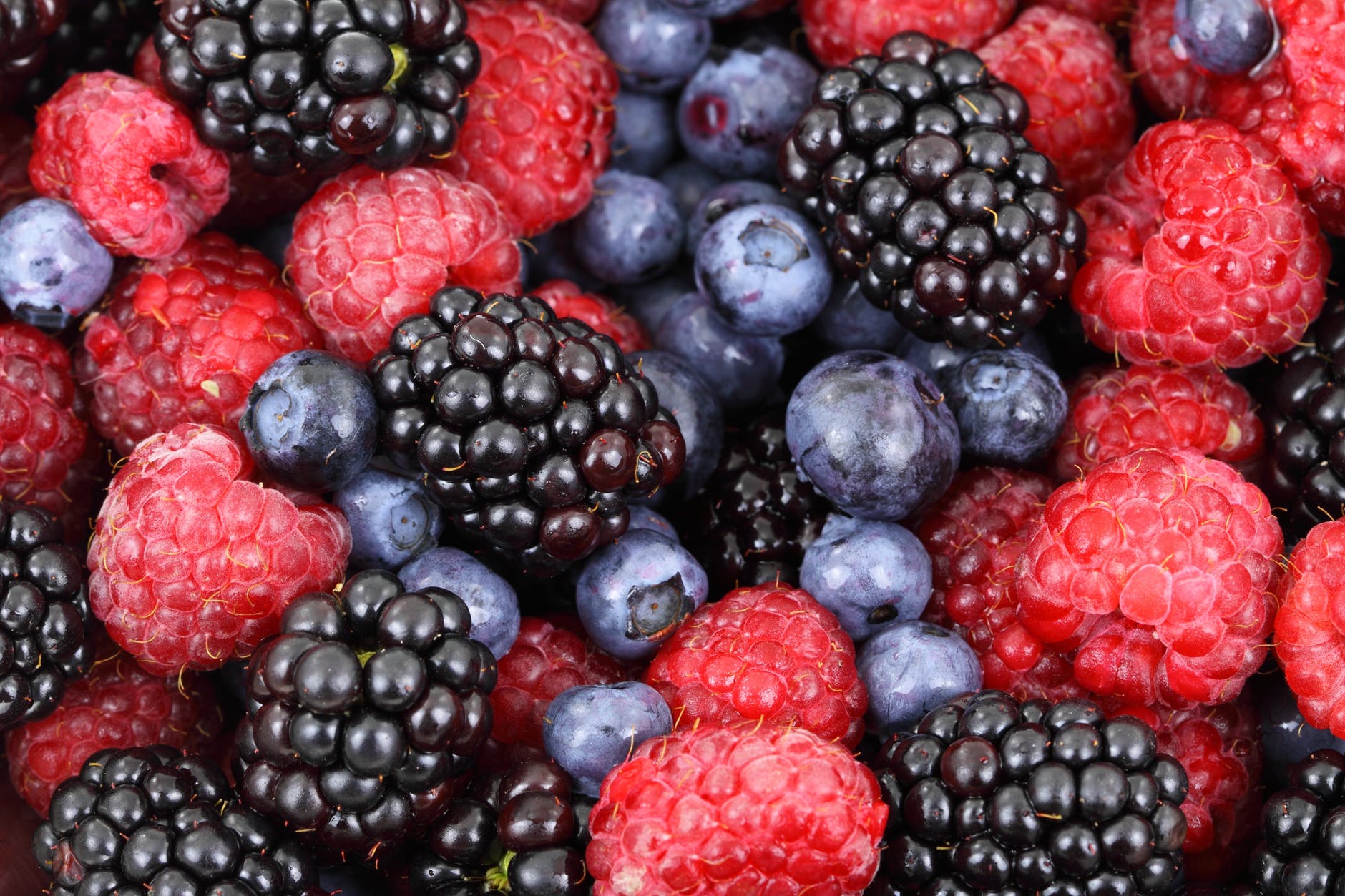Two new raspberry varieties, selected by Lucchini Berries and distributed in partnership with G-Berries, were presented in Verona.
Alessandro Lucchini and the full G-Berries team accompanied Italian and foreign visitors to the field to demonstrate live the characteristics of these new selections, named EasyStar and EasyRock .
Both varieties have been patented and have free distribution through licensed nurseries.
"The passion for raspberries began in 2000, with the first production in Verona born from a collaboration with Ilario Ioriatti, then in Sant'Orsola," Lucchini tells Italian Berry. "Now our farm produces raspberries on 2.5 hectares."
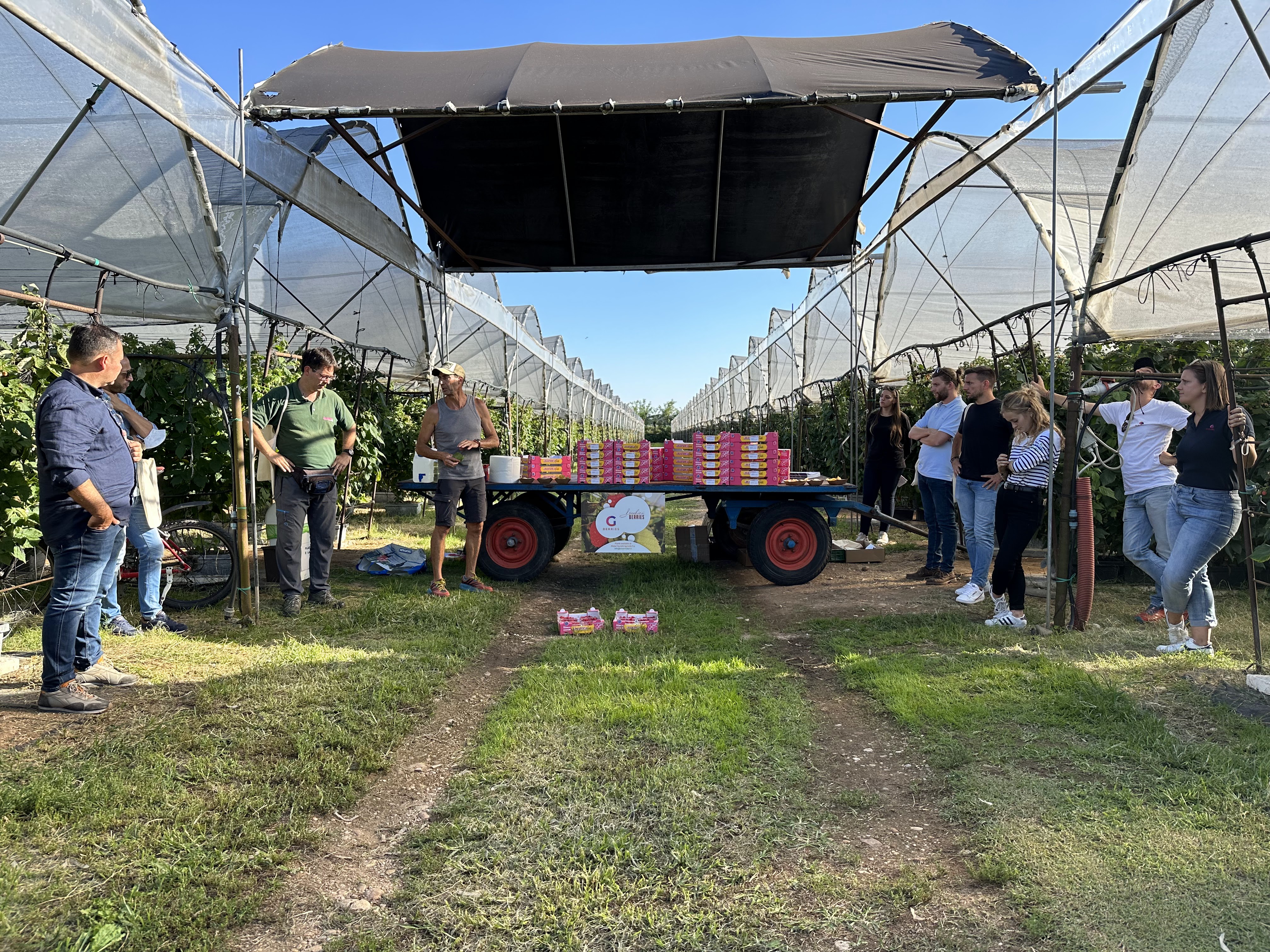
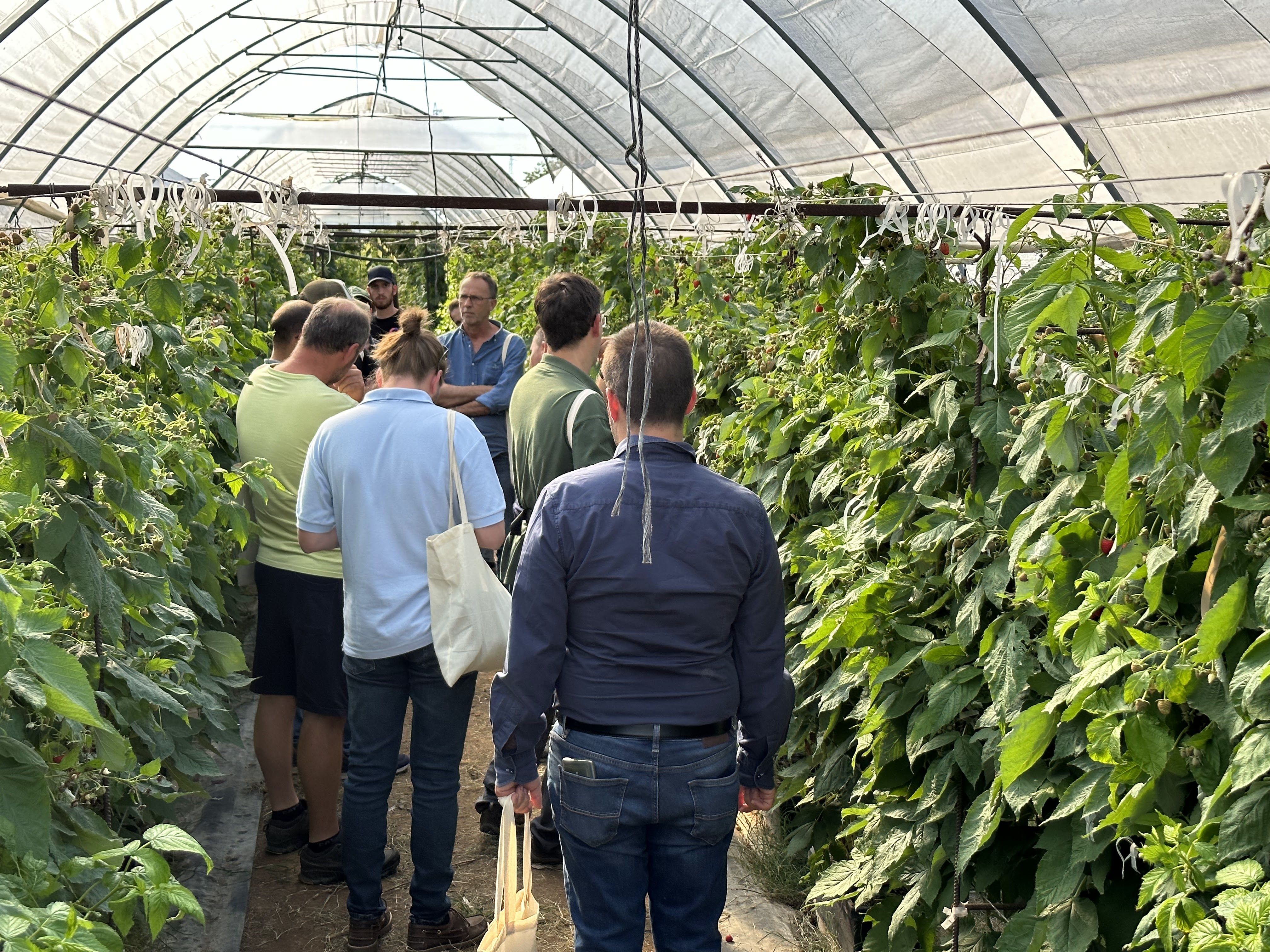
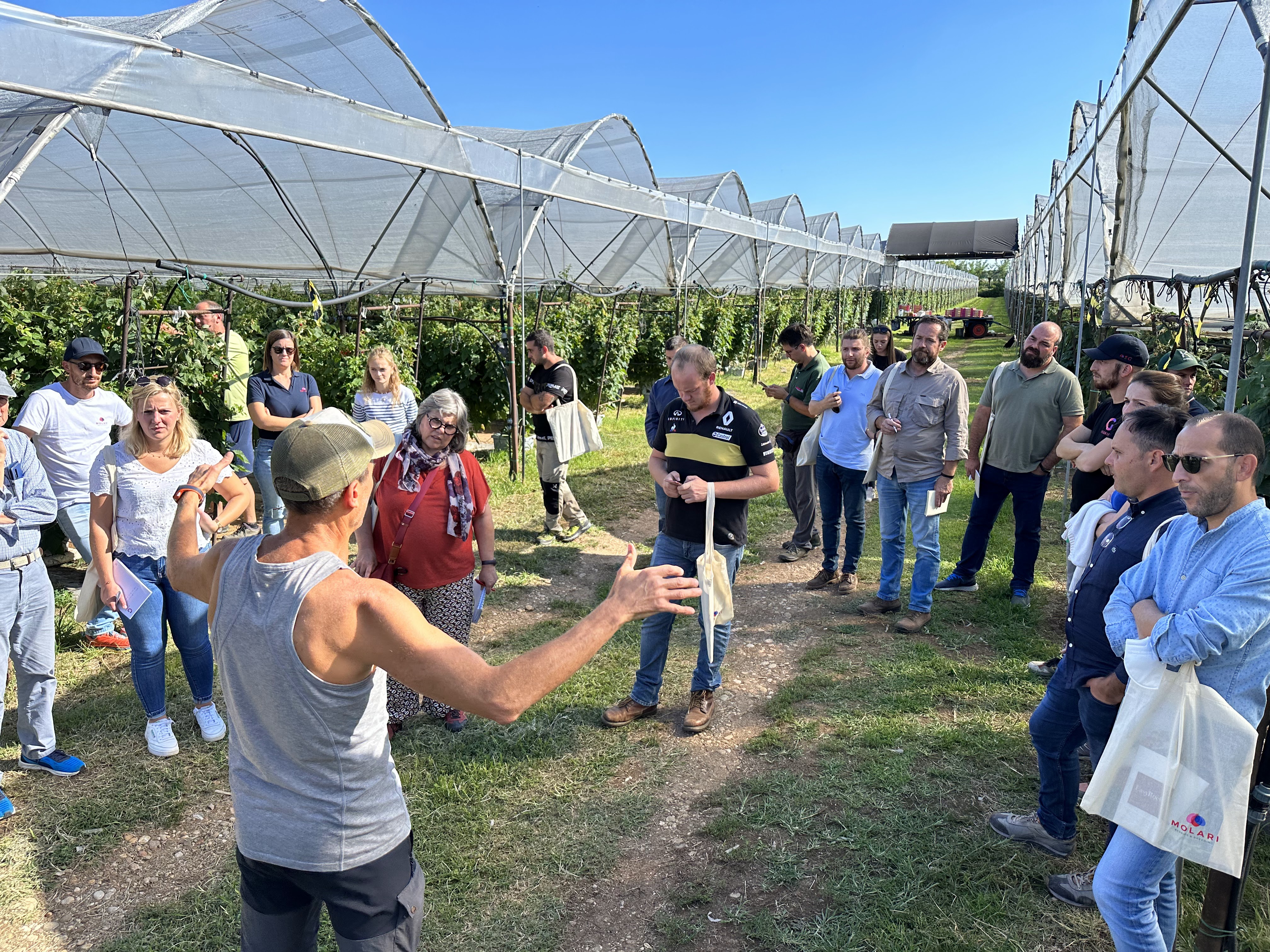
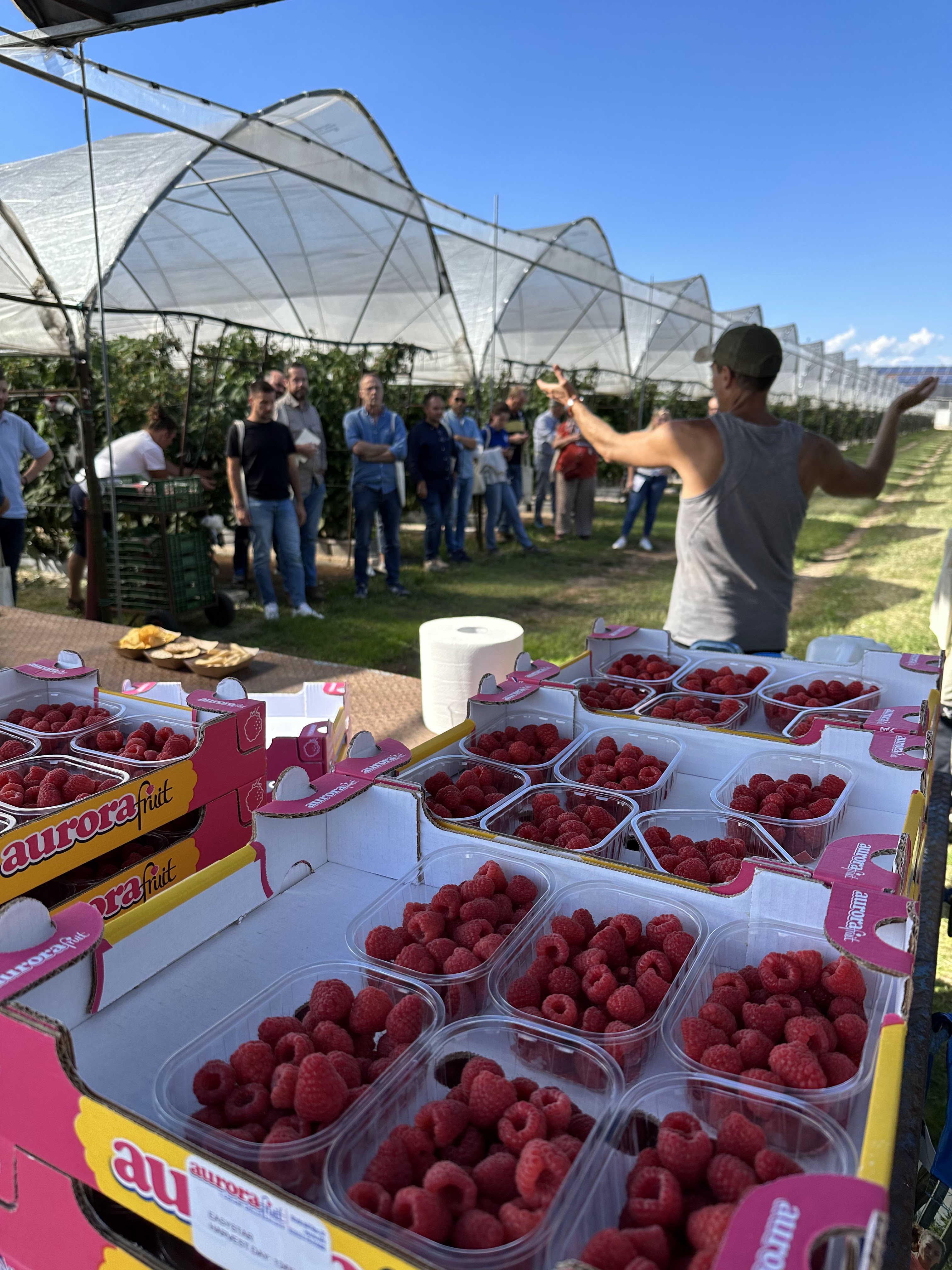
IN SEARCH OF "EASY" RASPBERRIES
How did the "Easy" raspberries project come about?
About six years ago the idea was born to seek a solution for the changing climatic conditions, with the aim of selecting varieties better suited to the increasingly hot summers. Meanwhile, the problem of increasingly scarce and less skilled labor was also added.
How can a new variety meet these challenges, which are more relevant to producers every year?
Verona's summers have become similar to those in southern Spain: 38 degrees is no longer the exception but the seasonal average. Our varieties are demonstrating excellent resistance to long hot summers, as also shown by tests already successfully conducted in southern Portugal.
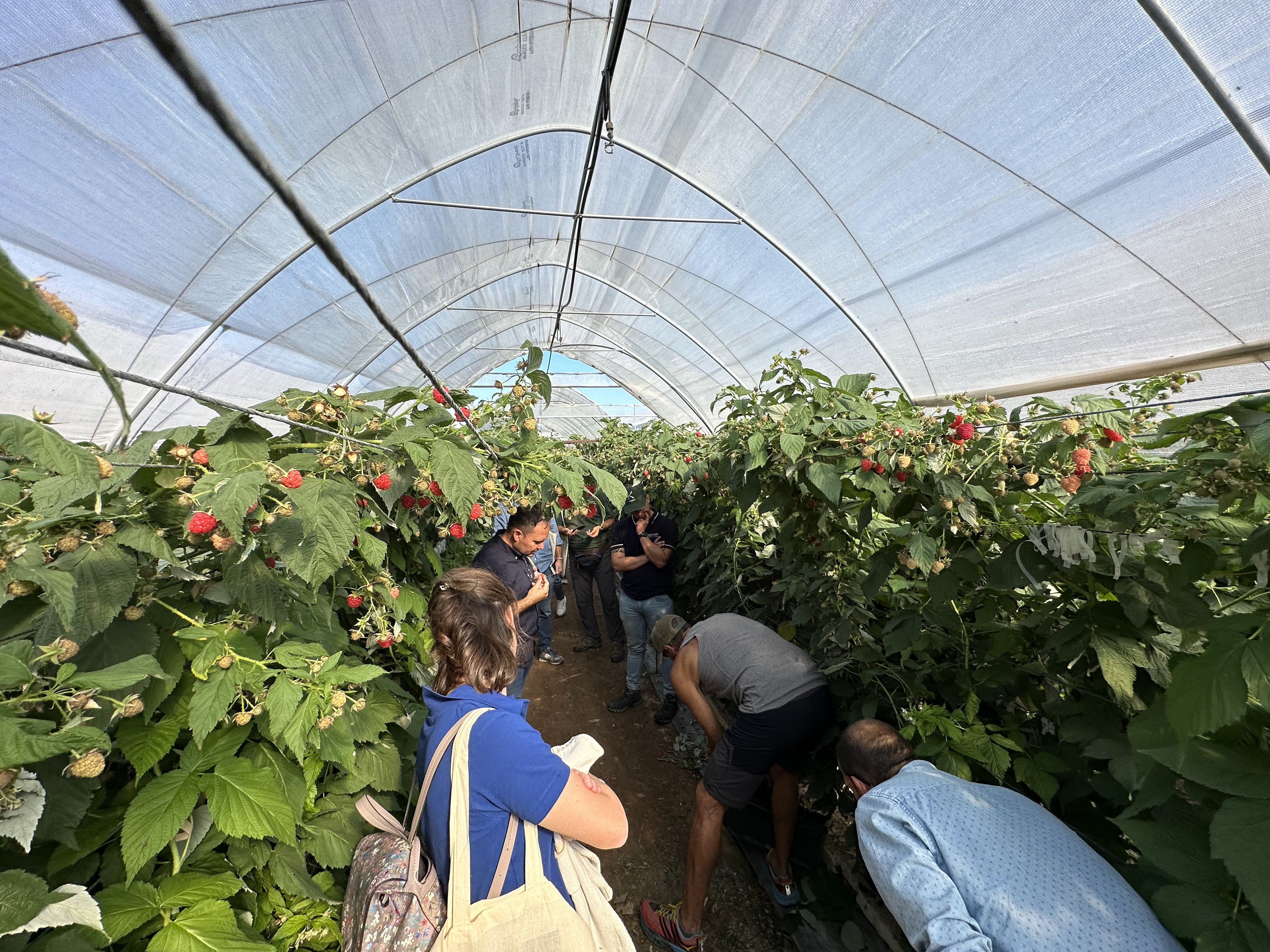
And how is the labor problem alleviated by the new "Easy" varieties?
The selections we are presenting today bring improvements on several fronts. First, yield: we started with the goal of producing one kilogram per plant in each cycle, which with four plants per linear meter translates to 4 kilograms per linear meter per cycle. This corresponds to 36 tons per hectare over the two cycles. Now we have already exceeded this target and are achieving even higher yields.
How have you dealt with the decreasing availability of skilled personnel and the need to rely on inexperienced labor?
These varieties are "Easy" i.e., easy to harvest. The berries come off the plant easily even when not fully ripe, are well arranged on the top of the plant, and are resistant to handling, thus requiring less attention during harvesting. They can be easily harvested with two hands, increasing productivity.
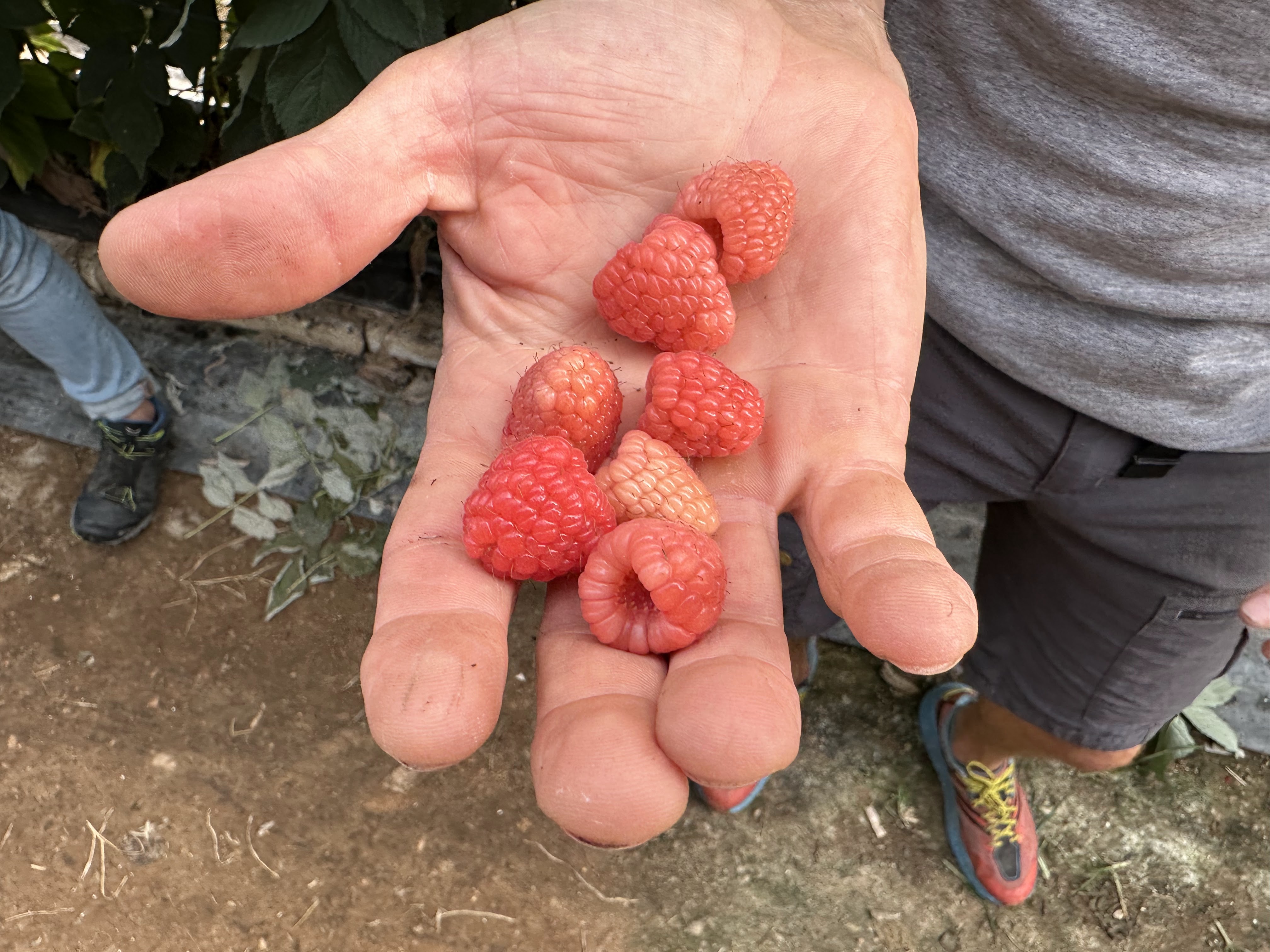
In what terms does it improve harvest yield?
Since 2000 we have gone from harvesting 3 kg per hour to 4.7 kg per hour. With the "Easy" varieties we see further room for improvement.
Are there any other improving features?
We often say that raspberries are worse than cows, which have to be milked every day. Instead, we are now harvesting every 48 hours, with a product that will keep in excellent condition for at least a week.
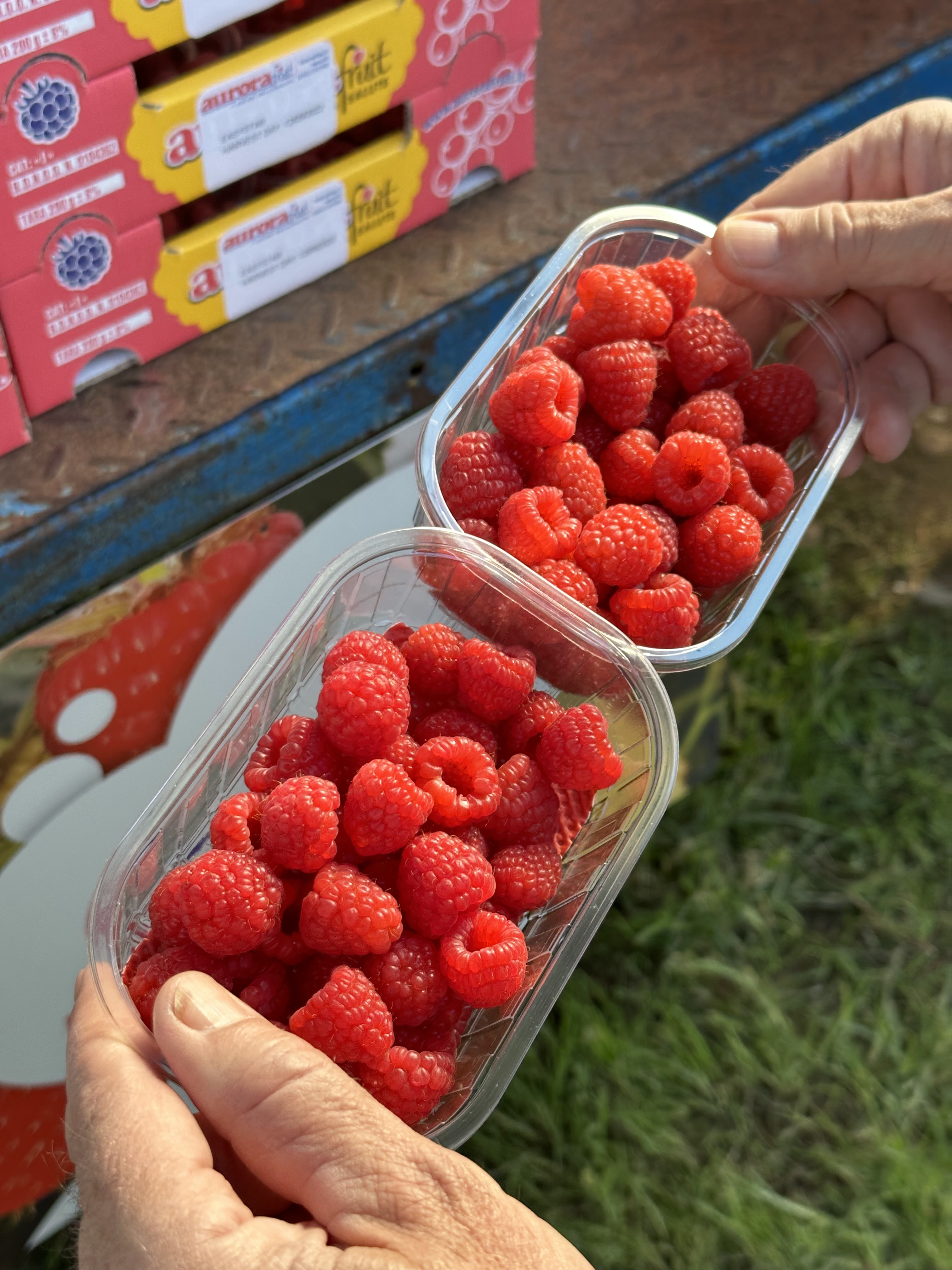
Let's come to the individual varieties. Let's start with EasyStar: what are its main characteristics?
This variety is characterized by a particular brilliance, a light color that precisely reminded us of the brightness of a star. This light color is maintained even after harvesting: it is therefore a very easy variety both as harvesting, cultivation and storability.
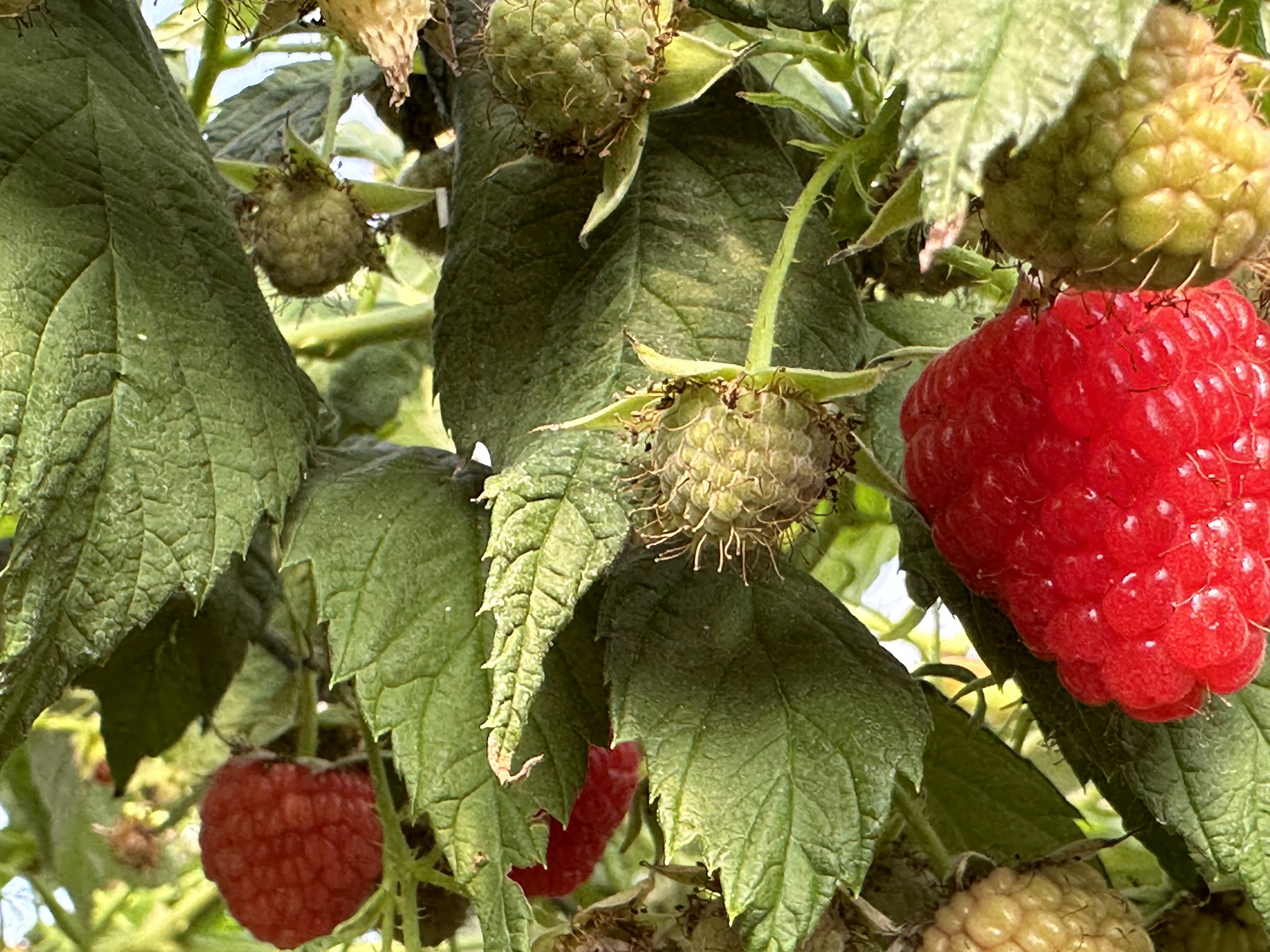
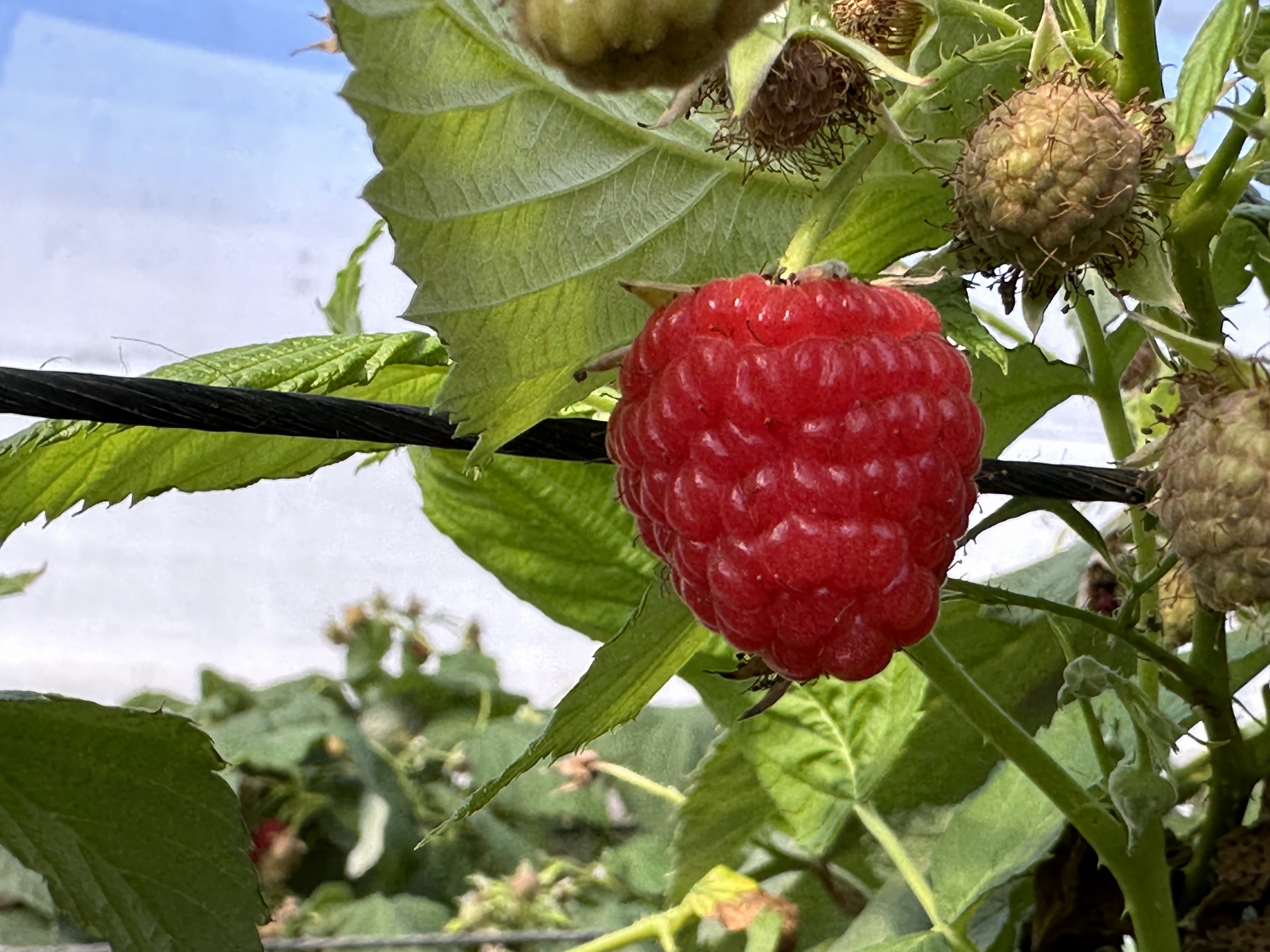
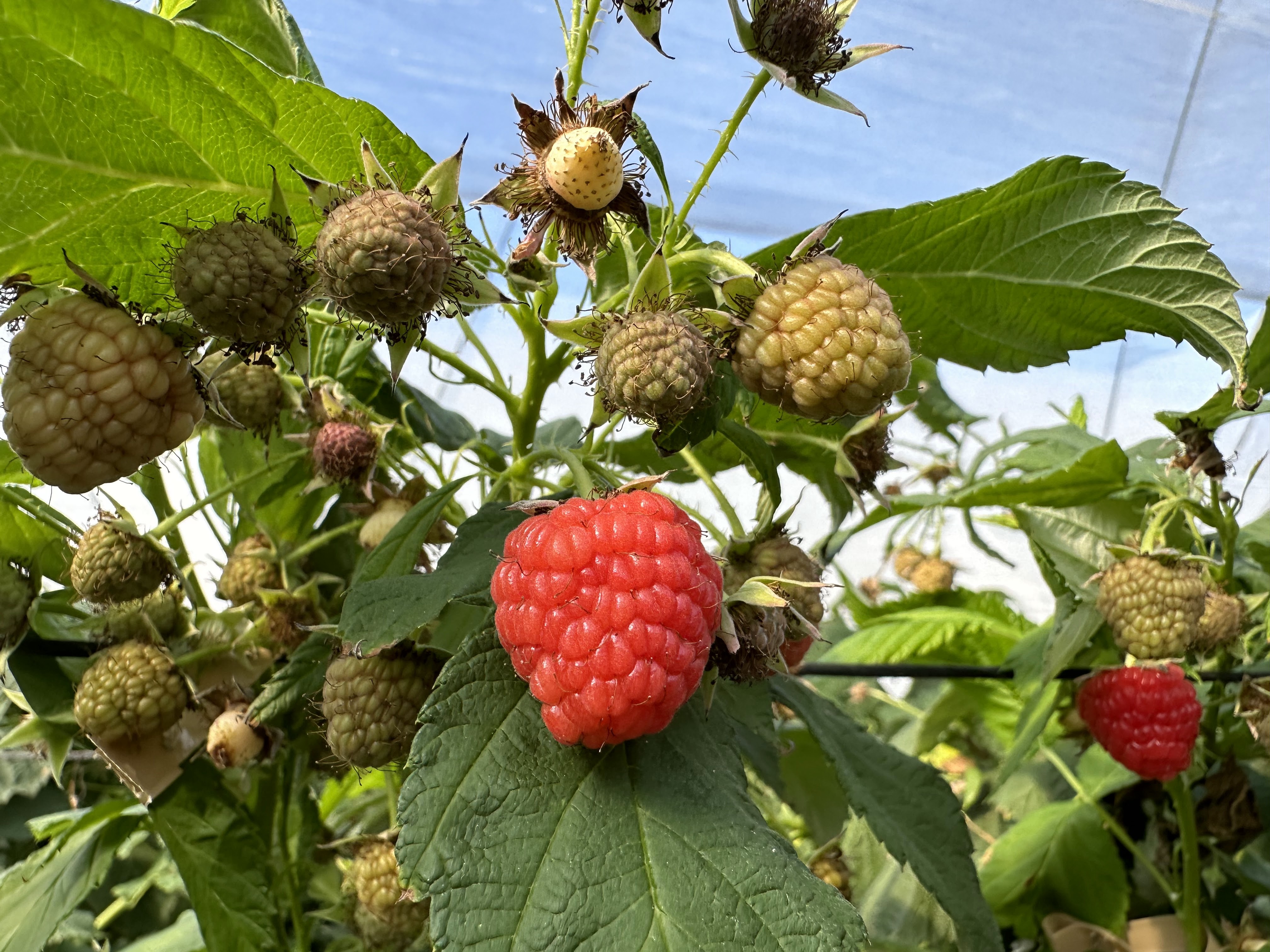
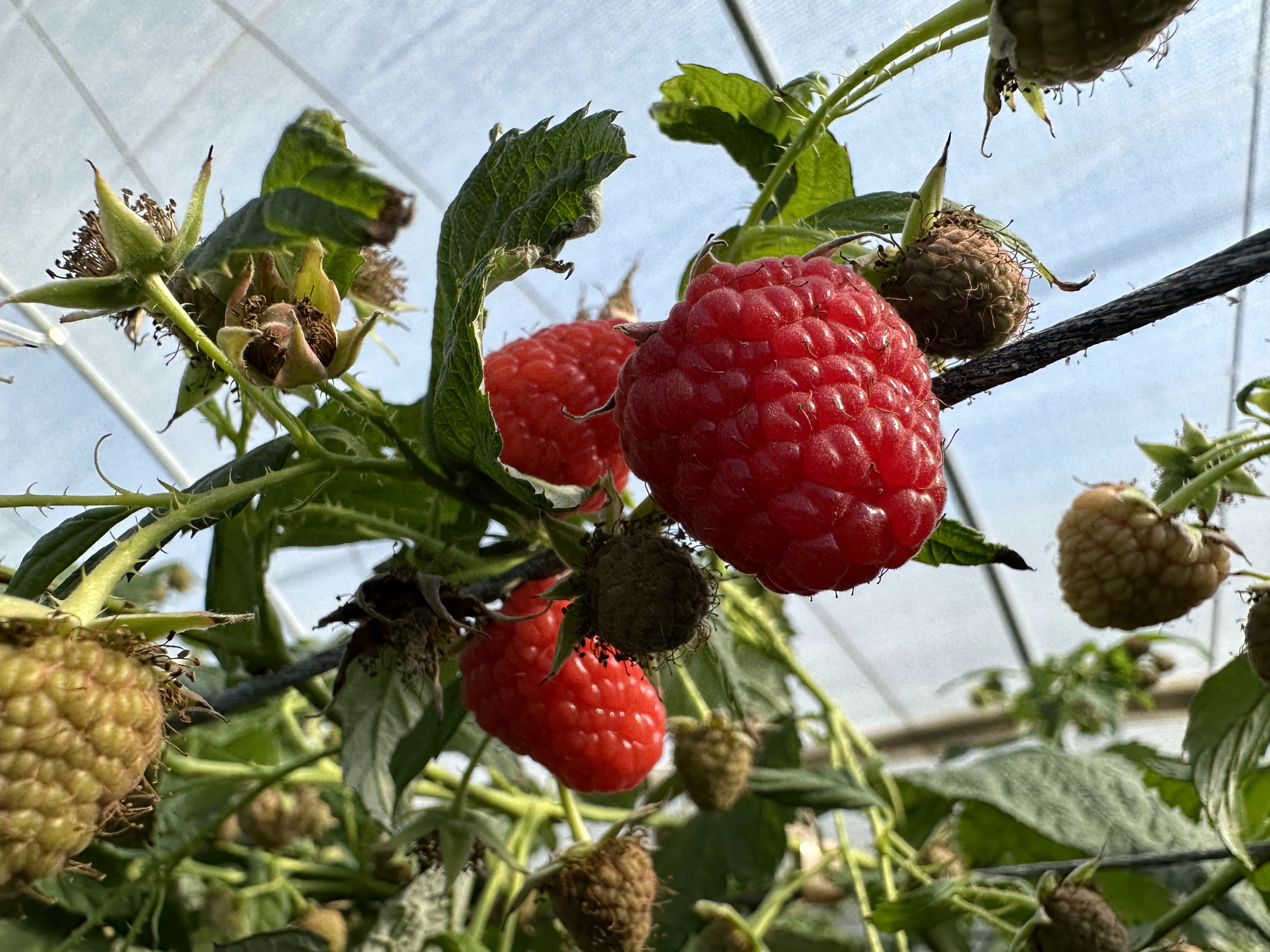
What are its production characteristics?
This is a plant with medium vigor, very high performing in re-flowering production. Very interesting is its ability to flower on new vegetation starting as early as 80 days after transplanting. Fall harvesting should be considered early and occurs in the period between late August and mid-September. In the spring cycle, harvesting takes place from early May to early July. We recommend a medium transplanting time.
How is the EasyRock variety characterized instead?
Its name recalls the medium to high vigor that characterizes these plants, good rooting and 'high resistance to fungal pathogens.
To best manage high vigor the number of plants per linear meter in the fall cycle is three or four, while in the spring cycle it is two plants. The distance between rows is 2 meters.
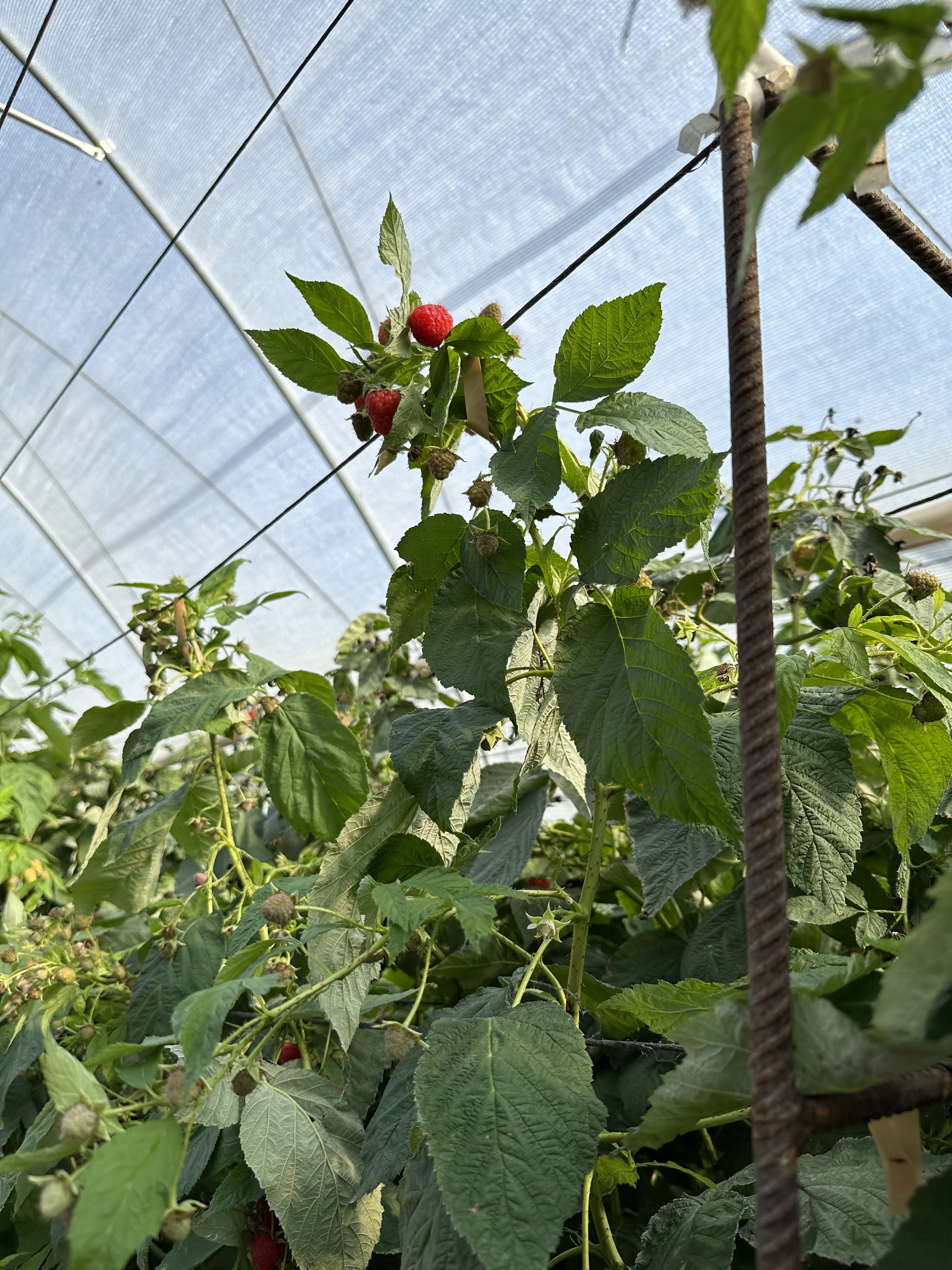

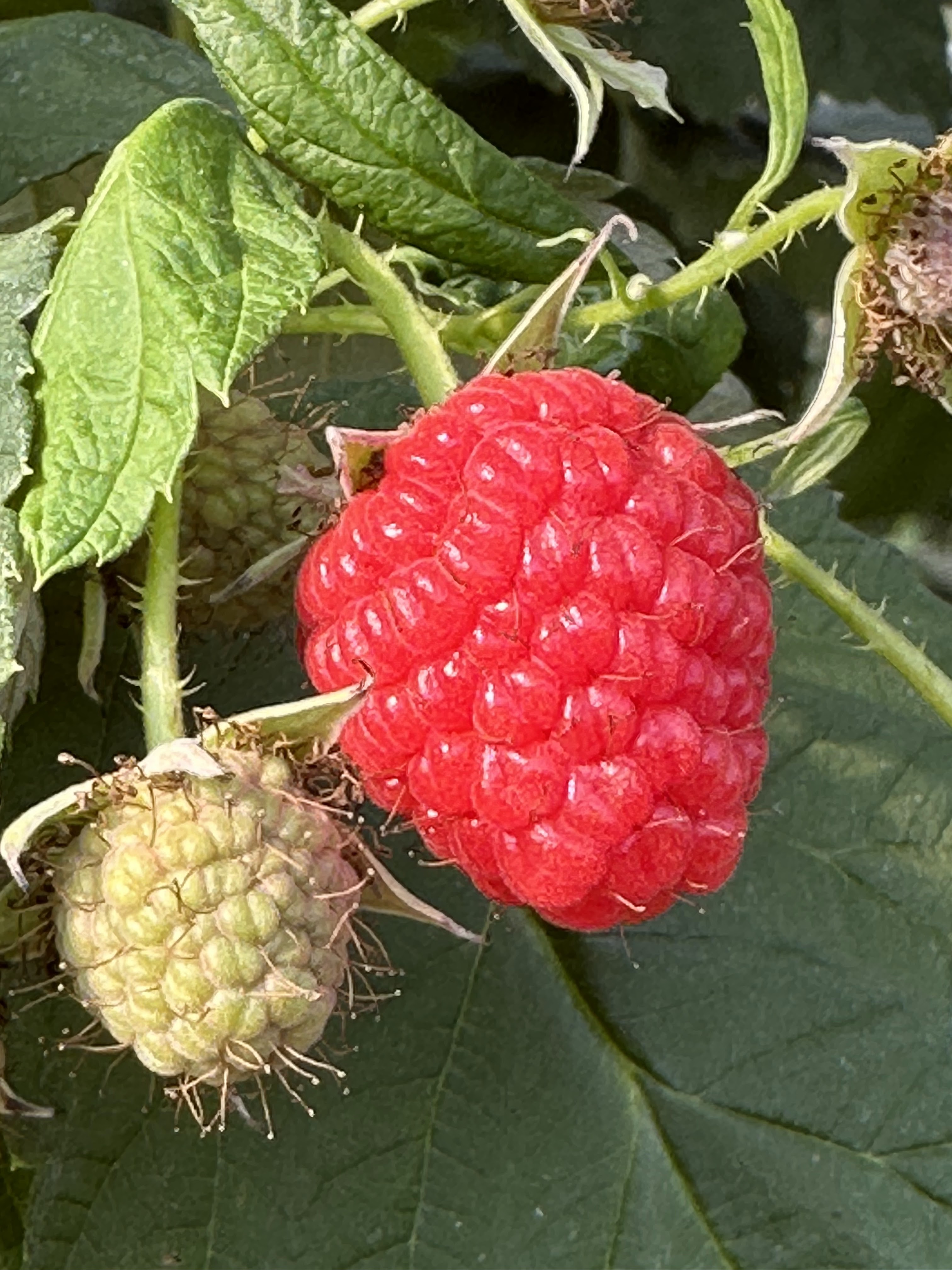
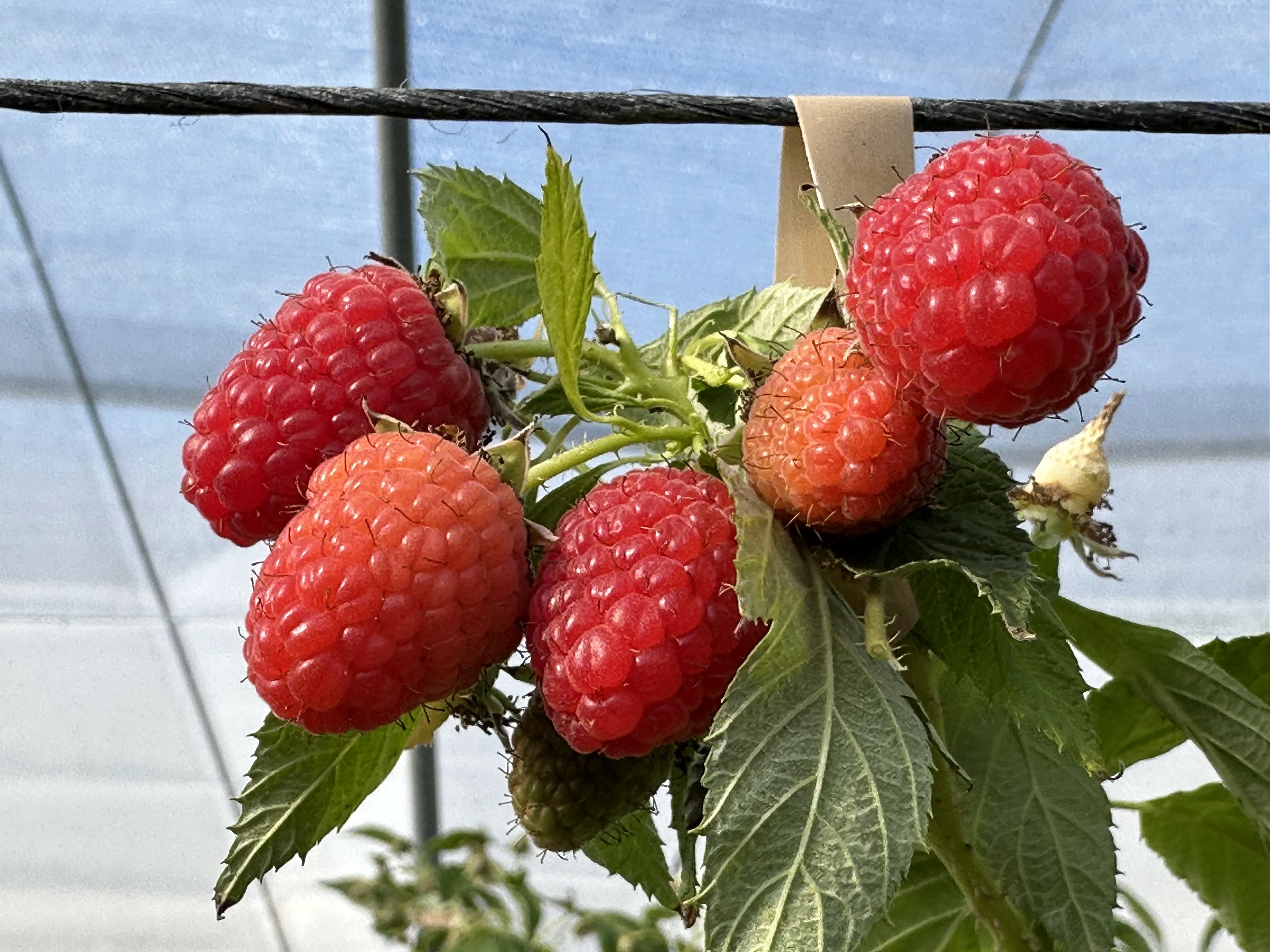
What is the seasonality of EasyRock?
In the fall cycle, harvesting is medium to late since the berries are concentrated on the terminal part of the plant. Spring production has high quantities and harvest yields due to the characteristics of the fruit and vegetative habitus.
Harvesting takes place in the fall cycle between early September and late November; in the spring cycle it starts in May and ends in early July.
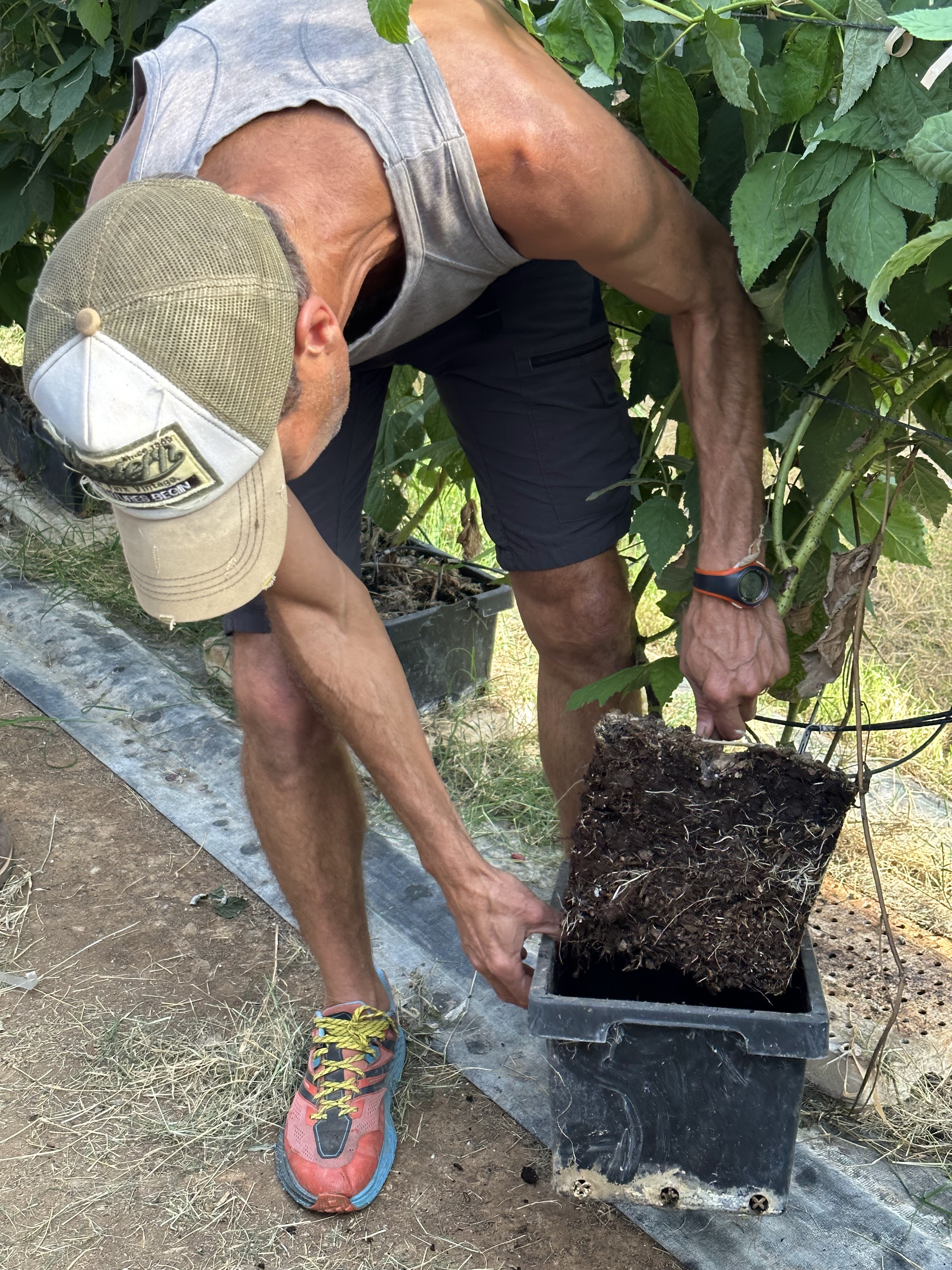
Alessandro Gualandi, head of G-Berries, in what geographical and climatic zones were they tested?
Trials are underway in different parts of Europe, from Morocco to Poland. From early results, the variety also seems to perform very well in southern Spanish climates.
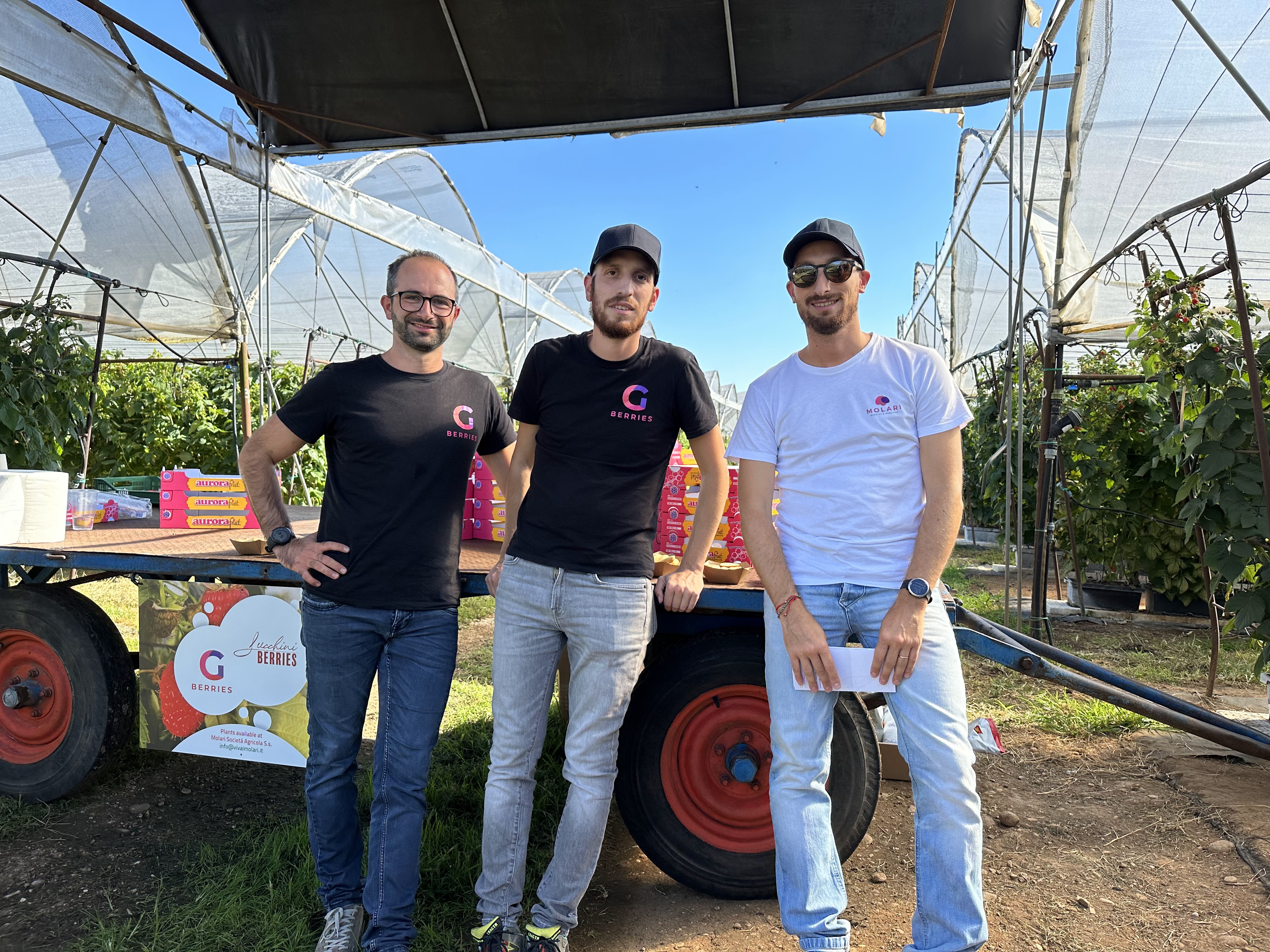
How are the plants marketed?
These two varieties have already been patented. Marketing is free through the two licensed nurseries-Molari Agricultural Society and Az. Agr. Roncolato Elena.
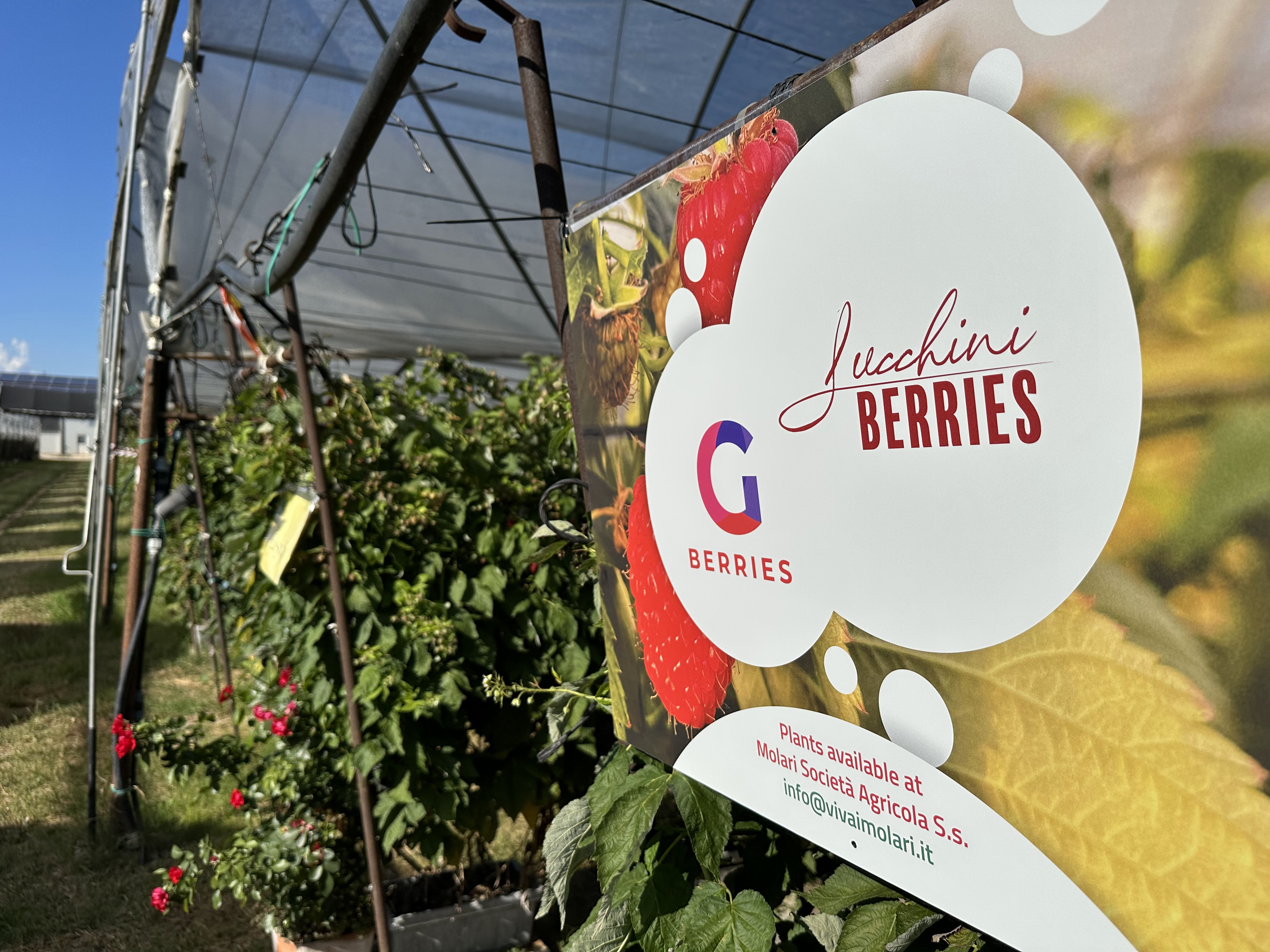
When will they be available?
We have already started a restricted distribution to our incumbent customers. By spring 2023 we expect to have enough material to satisfy most of the requests we are expecting.
In conclusion, Alessandro Lucchini, how would you sum up this project?
I do not call myself a breeder but rather an enthusiast who moves to passionately solve agronomic and marketing problems. EasyStar and EasyRock, as their name implies, were born precisely to facilitate the task of producers, harvesters and marketers. Their characteristics make them suitable for different climates, so we are hopeful for their development and international dissemination.
All rights reserved - Italian Berry - CC BY License






